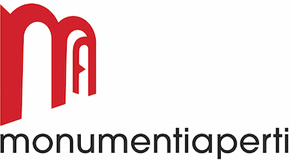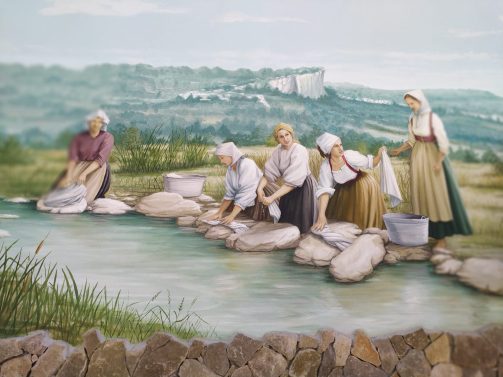Arte Organaria Sarda di Palmas R. & C. s.n.c. was born in Segariu in February 1990, it is, however, the natural continuation of the sole proprietorship founded with the same name by Giuseppe Palmas in 1954. He was born in Segariu in 1931 and after working for about 12 years as a carpenter, he focused his interests and activity on the pipe organ.
Driven by a strong passion, he was initiated to the secrets of this art by Mr. Piras Raffaele, the last organ builder of the Piras Giuseppino firm founded in Pimentel back in 1883. It is to them that we owe it if such a special and fascinating art still finds a following in Sardinia today.
Our story probably begins in the early 1800s when Antonio Porqueddu, a famous Franciscan friar organ builder and “master organ builder” of the convent of S. Salvatore in Gerusalemme from 1870 to 1897, the year of his death, was born in Senorbì.
Friar Porqueddu left Sardinia during the contrasts between the clergy and the state originated by the application of the “Siccardi law.” Before leaving the island he met the young Giuseppino Piras to whom he sold, for 20 kilograms of grain, three small volumes and an atlas on the techniques of building the ‘pipe organ.
Giuseppino Piras, with the help of these books, built, between 1883 and 1930, sixteen new instruments among which we mention those mounted in the parish churches of: Villasalto, Sestu, S. Nicolò Gerrei, Arbus, Gonnosfanadiga and at the Cathedral of Iglesias: the latter turns out to be the only instrument made with a detached console.
Giuseppino Piras died in Pimentel in 1930 leaving five children who continued the business until the outbreak of World War II, which ended a particularly happy and creative period.
At the end of the conflict, the activity was resumed by his son Raffaele Piras, who devoted himself mainly to the restoration of existing instruments on the island.
It was during one of these jobs that the meeting with Giuseppe Palmas took place.
It was 1962 and the two immediately realized that they were united by the same passion. A deep friendship was born between them with great joy for both of them, for Mr. Piras who could thus pass on his craft and for Giuseppe Palmas who could not have found such a competent master organ builder anywhere else.
For years Mr. Piras followed his pupil and when he felt it was appropriate he stood aside, advising his clients to turn to Arte Organaria Sarda. His presence and cooperation were invaluable until his death in 1983 at the age of 86.
By the will of Mr. Piras himself, all the archival material of the company “PIRAS” is now the heritage of the Arte Organaria Sarda, especially the three small volumes and atlas, previously mentioned, written by a Benedictine monk “Don Bedos De Celles” and considered a treatise on the art of organ-making that is still unsurpassed.
Giuseppe Palmas, in addition to starting this particular business, was a choir artist for the Cagliari Opera House for 40 years and today, in retirement, oversees and brings his experience on all stages of processing within the new company created by his sons.









